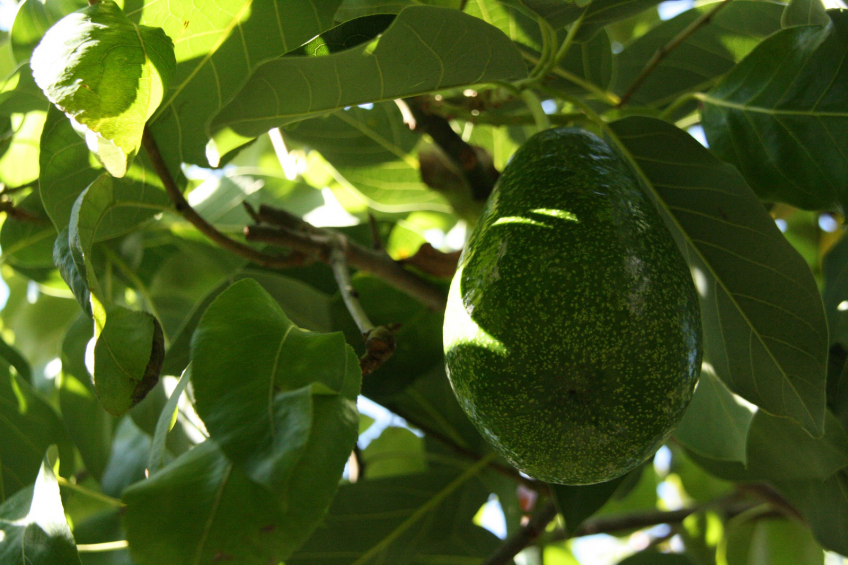Herbal trees used as antibiotics for broilers

The high cost of feeding birds has caused poultry production in many parts of the world to become a losing venture. In overcoming such a problem, raisers need to use local feed ingredients that may lessen the impact of high costs of feeds and antibiotics.?
Broiler production serves as a sourceof income for many families in the Philippines. Many people are attracted to this business as it offers agood source of protein as well as manure.However, the high cost is often the reason why many poultry production businesses may not succeed. Producers are therefore now looking for locally available ingredients. This is especially the case concerning alternative growth enhancers.
Many natural feed additives can be derived from plant sources. This is evident in the Philippines where many producers and poultry raisers are making use of this natural and abundant source to help keep their birds strong and healthy, without the additional cost of antibiotics.
Natural antibiotic alternatives
In all parts of the world, the price of antibiotics keeps increasing, and in doing so, keeps hindering smaller raisers, in particular, who are continuously searching for a remedy to solve the problem of unaffordability and to assure the availability of antibiotics for their birds. One way of reducing the processed antibiotics costs is through utilising the antibiotic properties of herbal trees. There is, however, a need to investigate the possibility of using these herbal trees as a source of antibiotics for broilers. The objectives of this study were therefore to discover the effects of different herbal trees on the growth performance of broiler chicks, and to determine which herbal trees offer the best source of antibiotics for broiler production while providing a cost advantage the growers.
Plant leaves with antibiotic properties
Processing and feeding of herbal trees
The brooder-rearing pens used in this study were disinfected using Creoline solution (1 tsp/glass of water). We covered the walls with empty sacks and old newspapers to help conserve heat, particularly during the brooding period. Electric incandescent bulbs (50 watts) served as the source of heat and light. We used 90 broilers in the study. These birds were randomly distributed to the treatments upon arrival, with 5 birds per treatment, with each treatment replicated 5 times. A synthetic antibiotic was used in the control group, whereas each of the other treatments used the leaves of the avocado, guava, duhat, eucalyptus, or tamarind tree in a herbal decoction (water in which the herbal source was been boiled and which therefore contains the constituents of the substance soluble in boiling water).
The young leaves of the herbal trees used in each treatment group were gathered, washed, cut into smaller pieces and then boiled (1/4 g of chopped leaves in 3-4 cups of water). The decoctions were placed in separate sterilised bottles ready for use.
Throughout the duration of the study the birds were fed ad libitum. The feeding troughs were checked and refilled 3 times per day. All birds in the study received uniform care and management, and it was also ensured that the study area remained clean at all times to maintain proper health and sanitation levels.
Significant differences
The use of the different plant decoctions revealed highly significant differences between the various leaves regarding weight gain of the birds and their dressing percentage. In terms of weight gain, the birds given the eucalyptus decoction garnered the highest mean weight of 7.22 kg, while the dressing percentage of the birds feeding on the tamarind plant source gave the highest net profit (Table 1). Among the 6 treatments, the birds fed the duhat decoction had the highest final weight of 7.37 kg. Additionally, the same birds consumed the least amount of feed to produce 1 kg of meat. Based on the findings from this study, herbal trees as a source of antibiotics for broilers perform better than commercial antibiotics. It was also demonstrated that birds givenguava, duhat and eucalyptus decoctionshad better growth performance compared to other sources. The natural feed additives that can be derived from plant sources have proven to be a valuable source for broiler breeders, particularly during times where the high costs of feed andantibiotics hinders producers’ profits.
[This article was published in World Poultry in 2009]

















